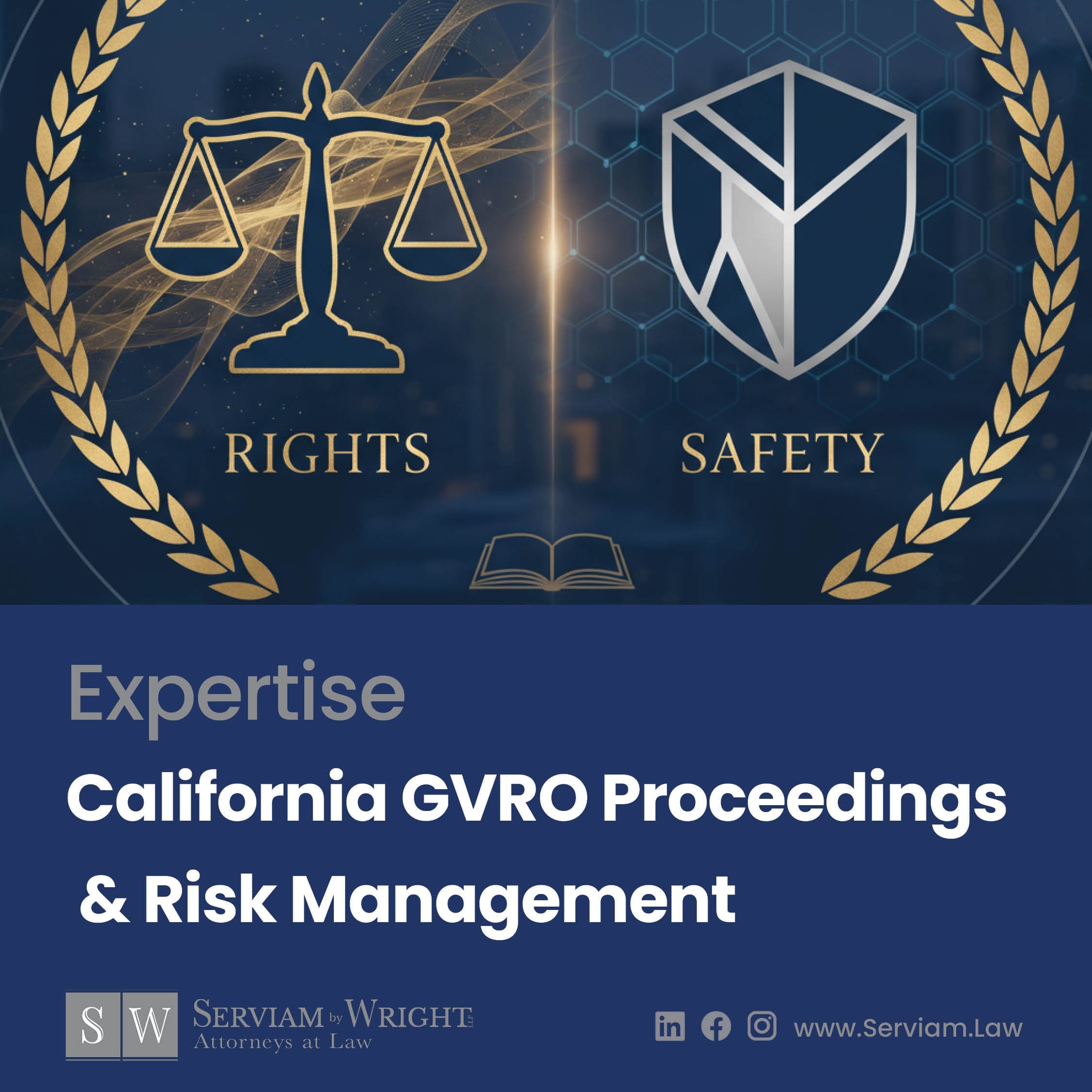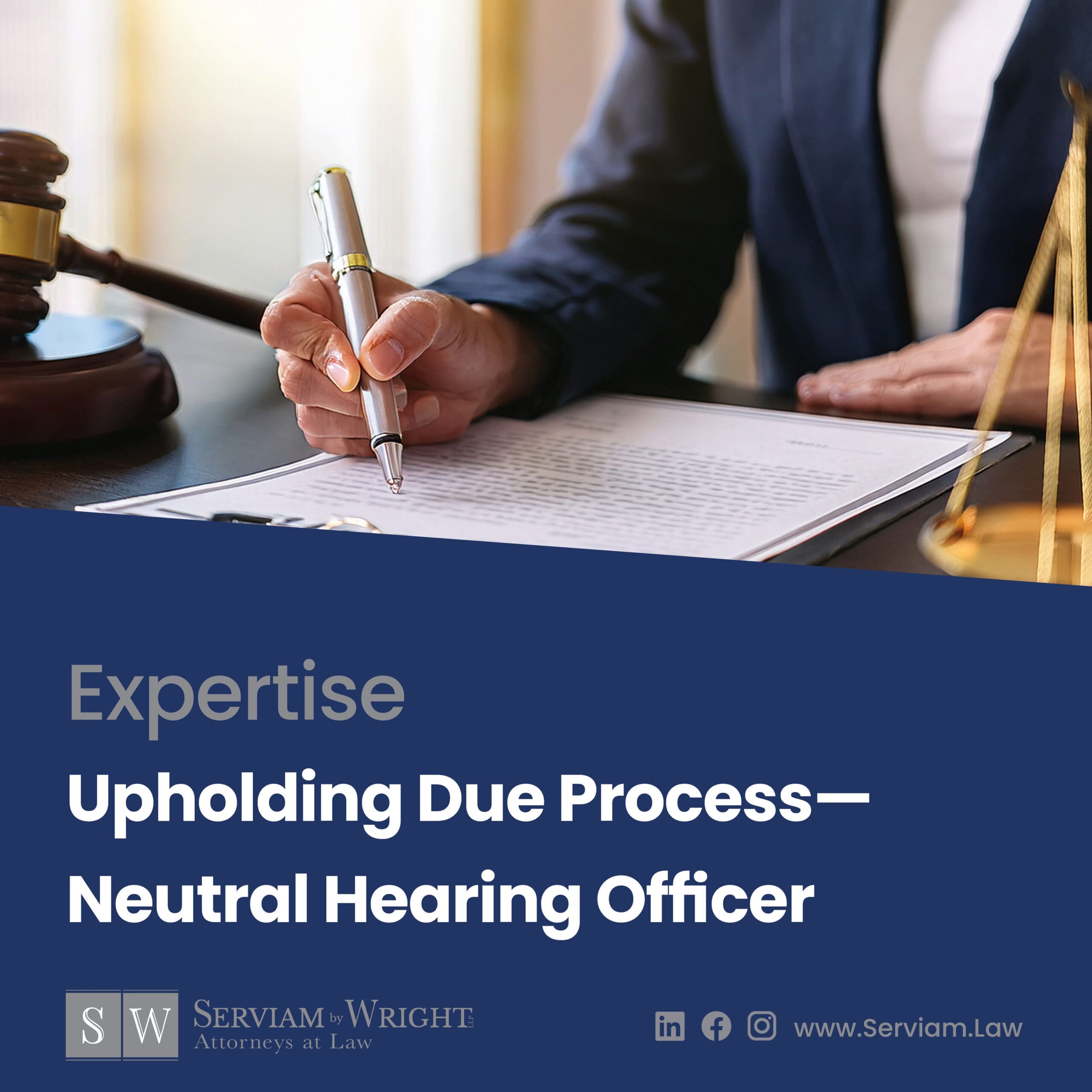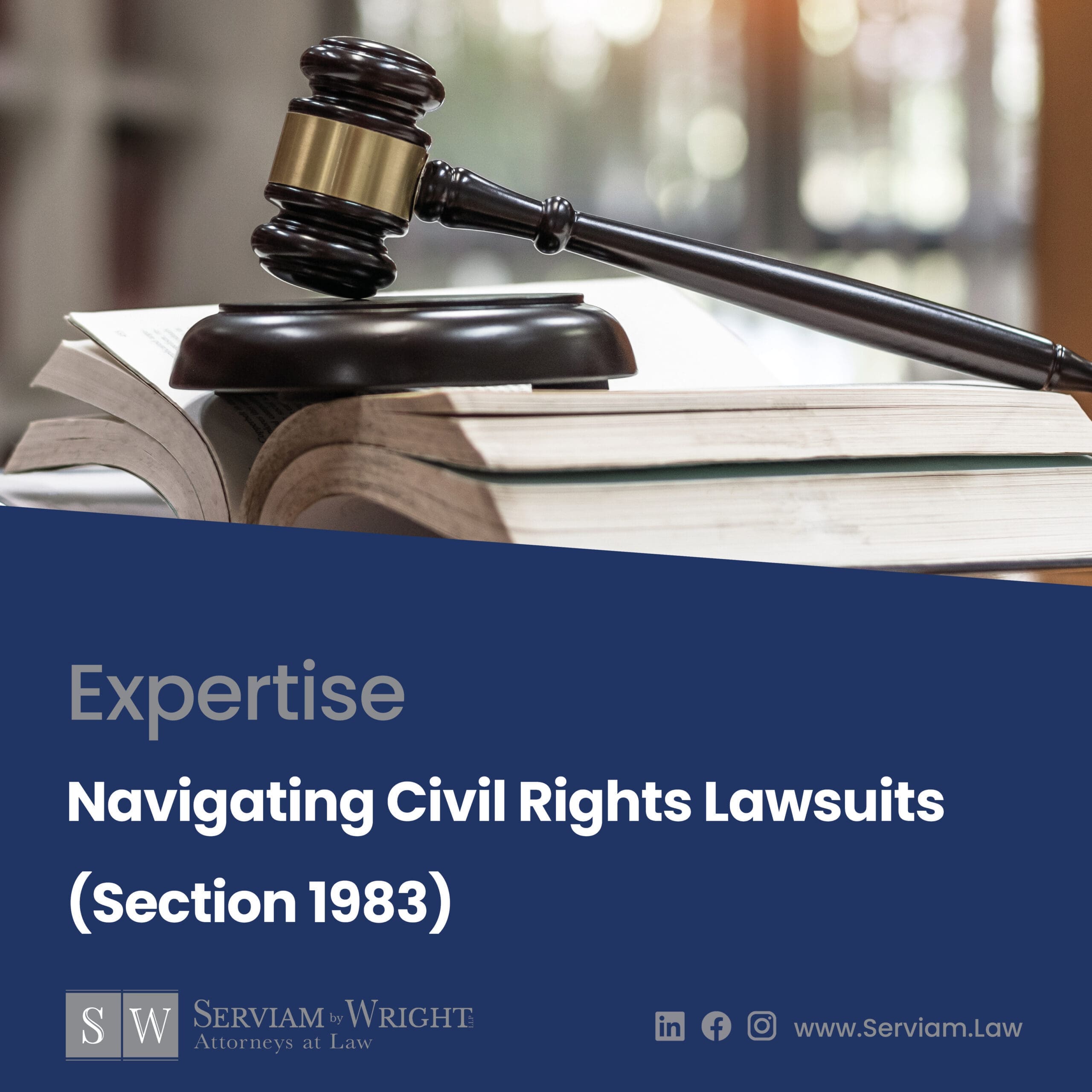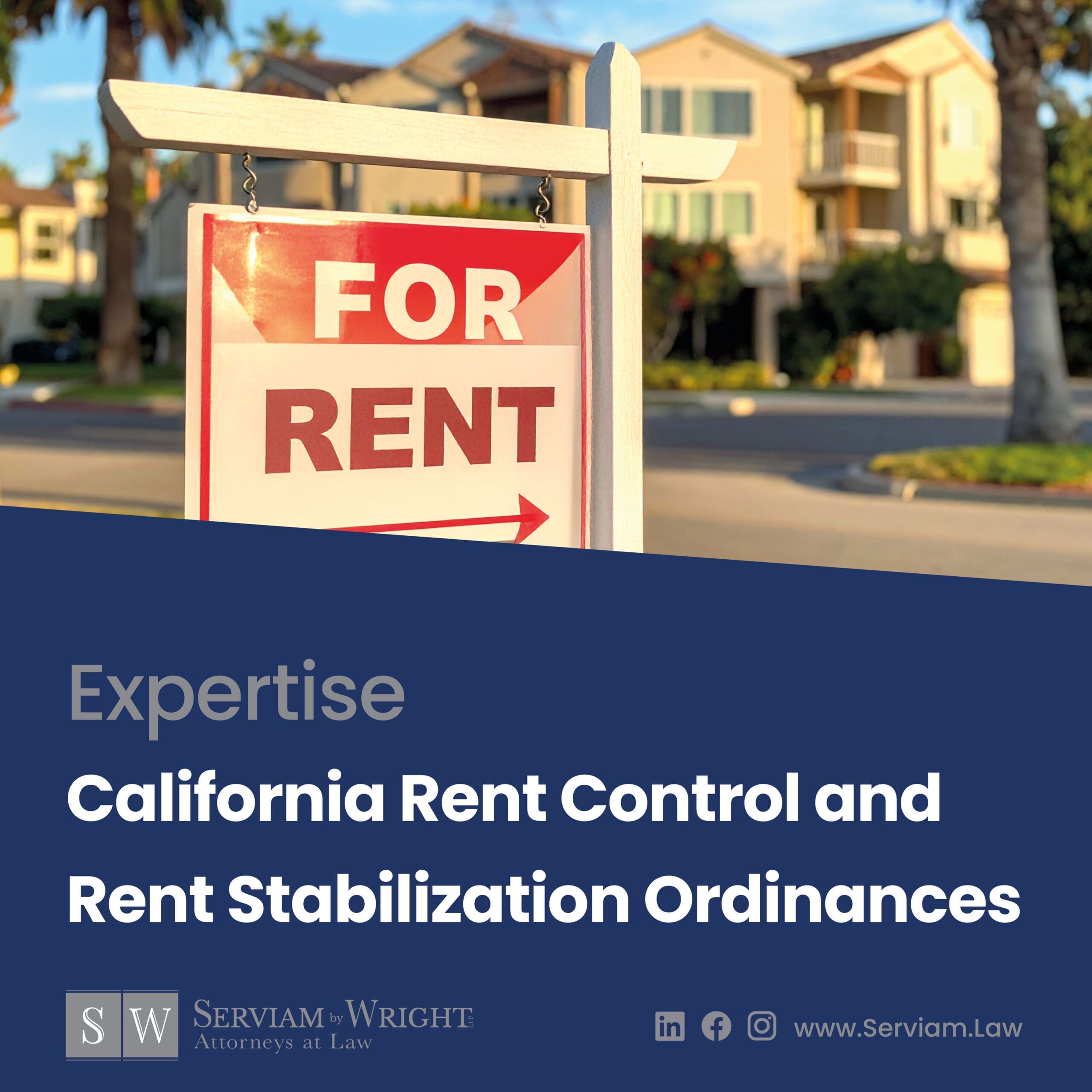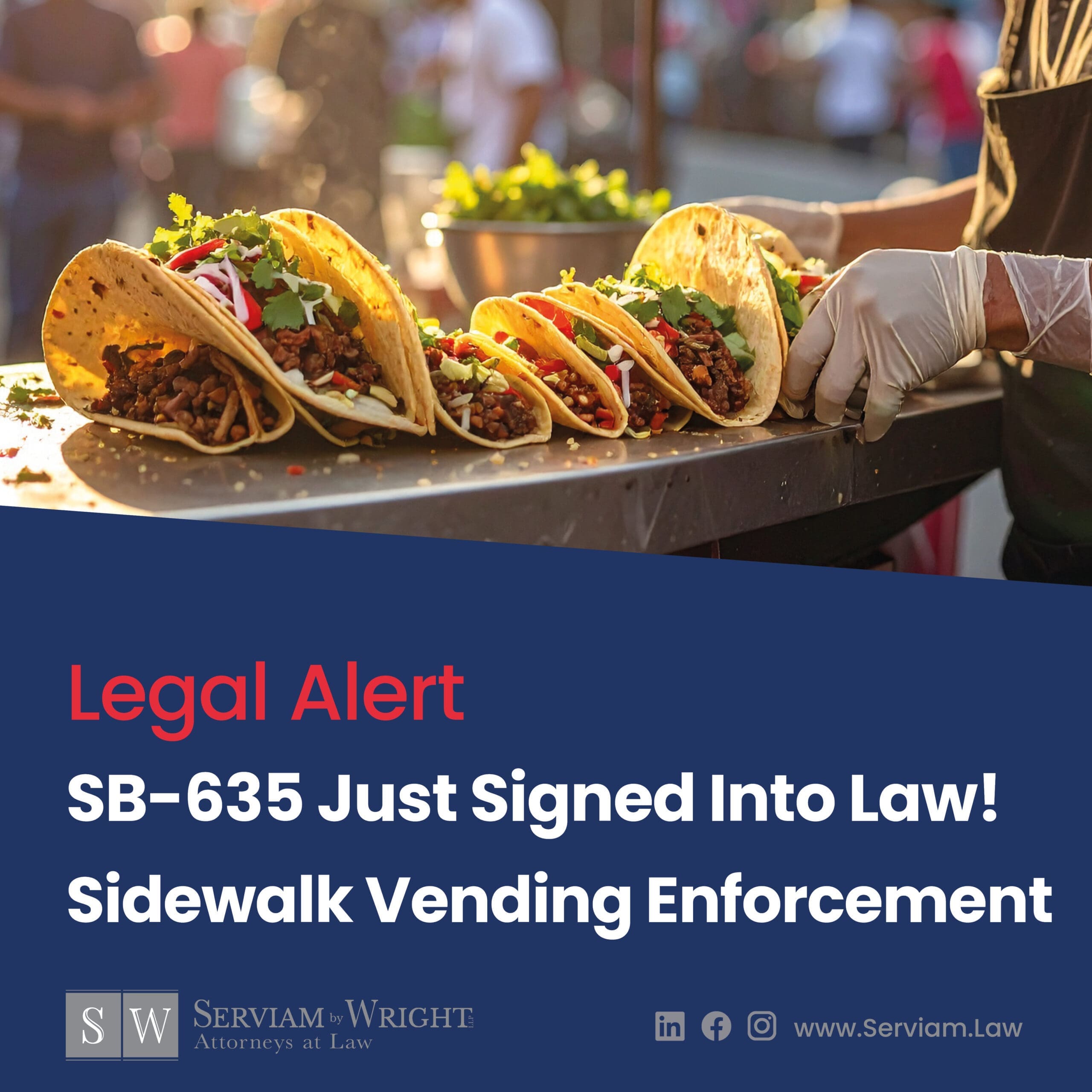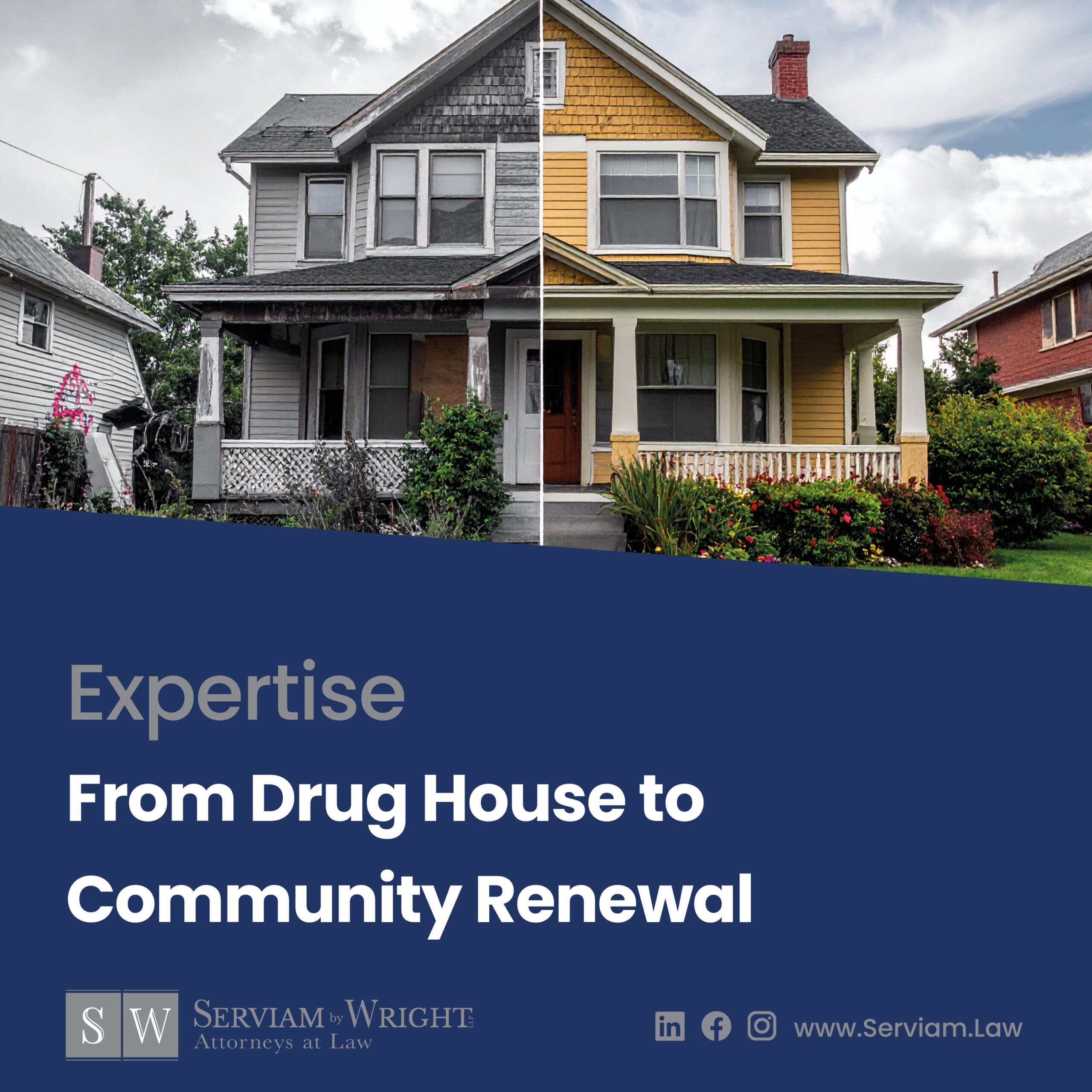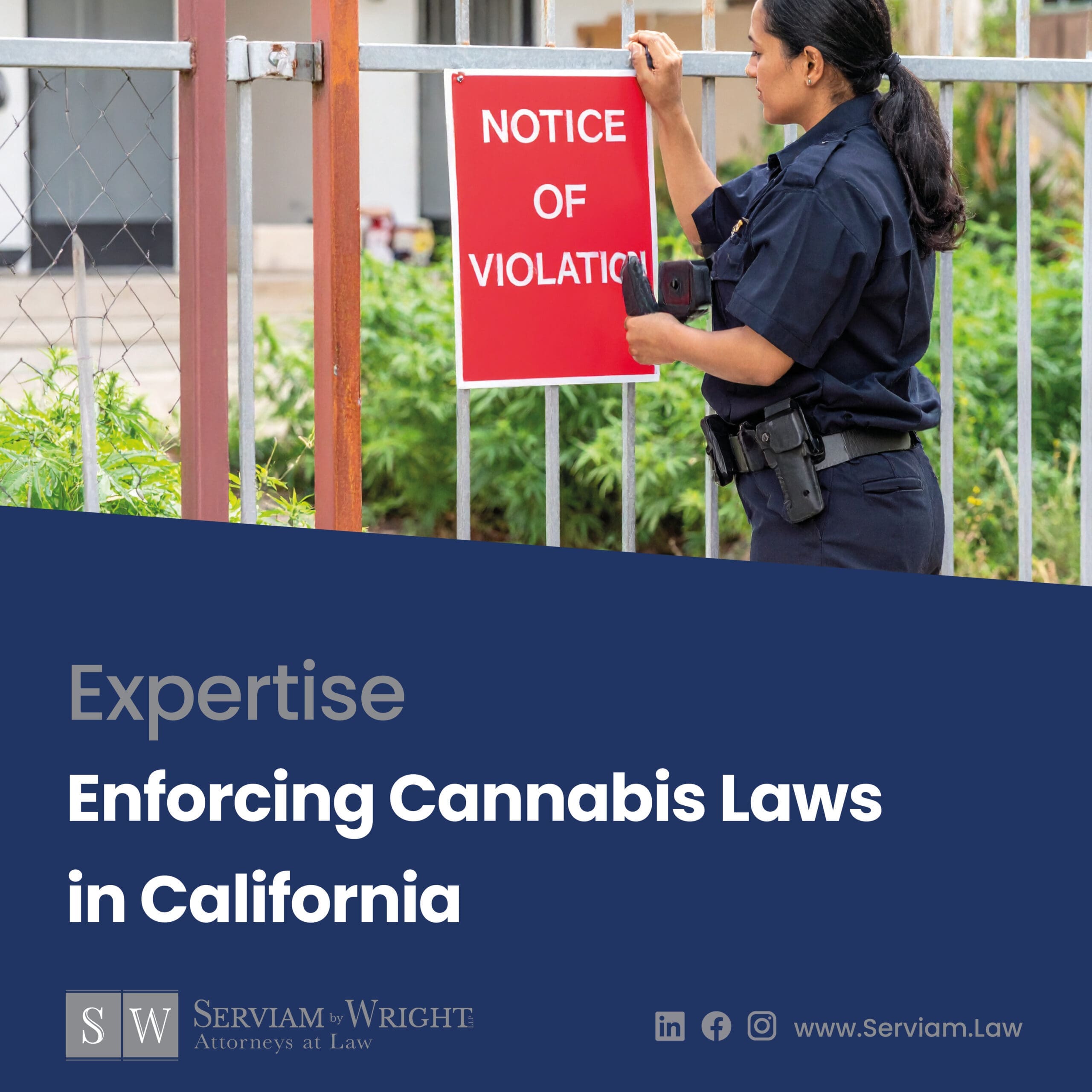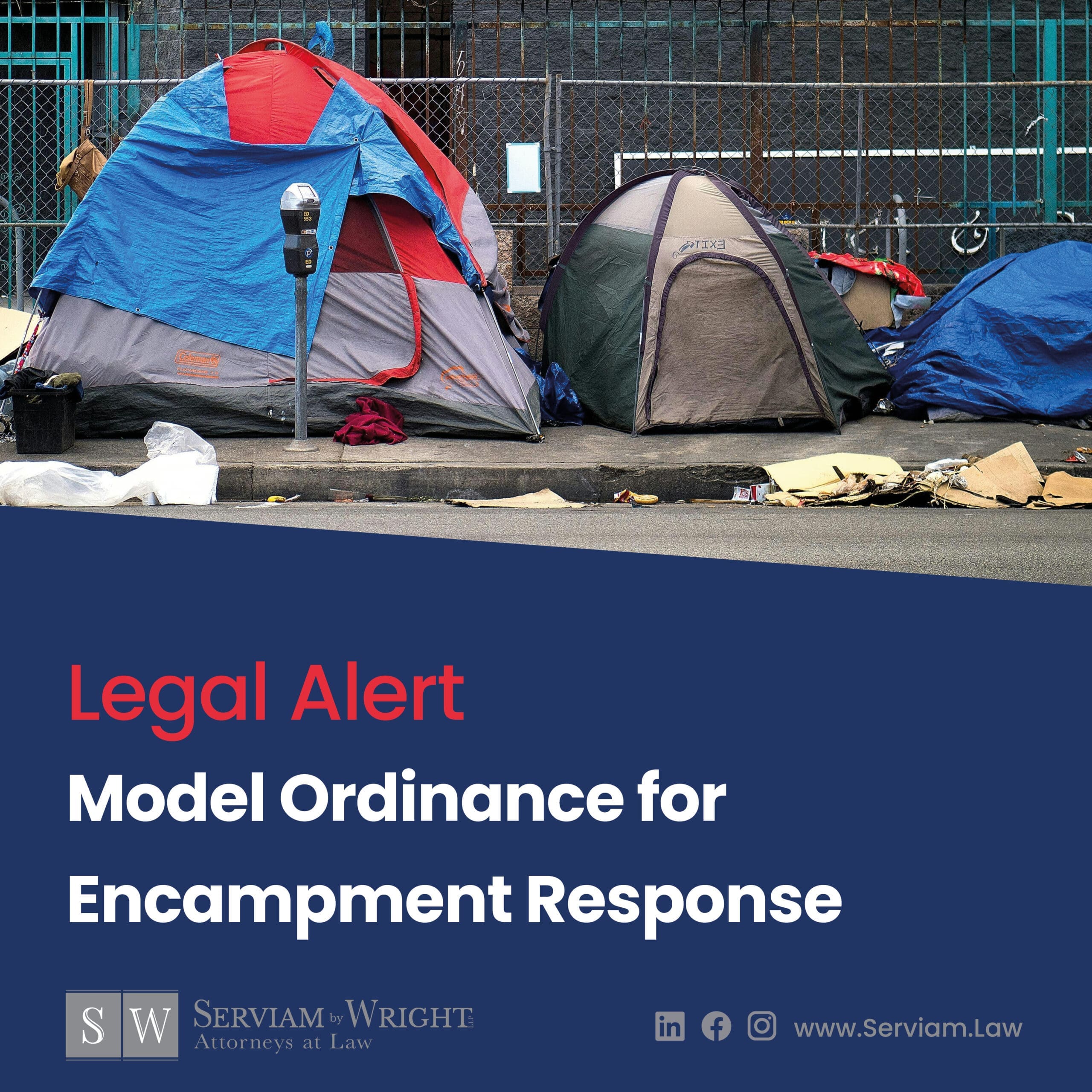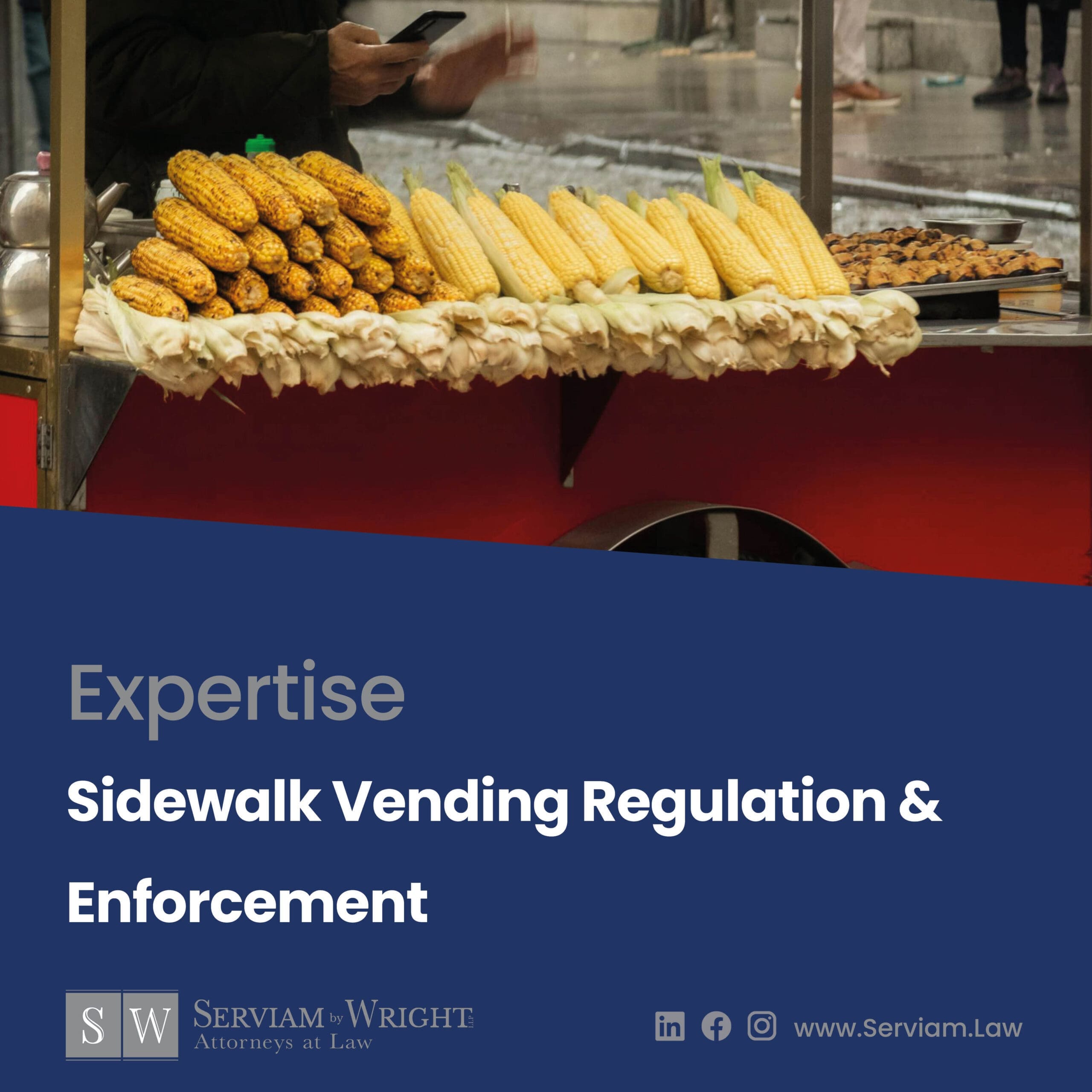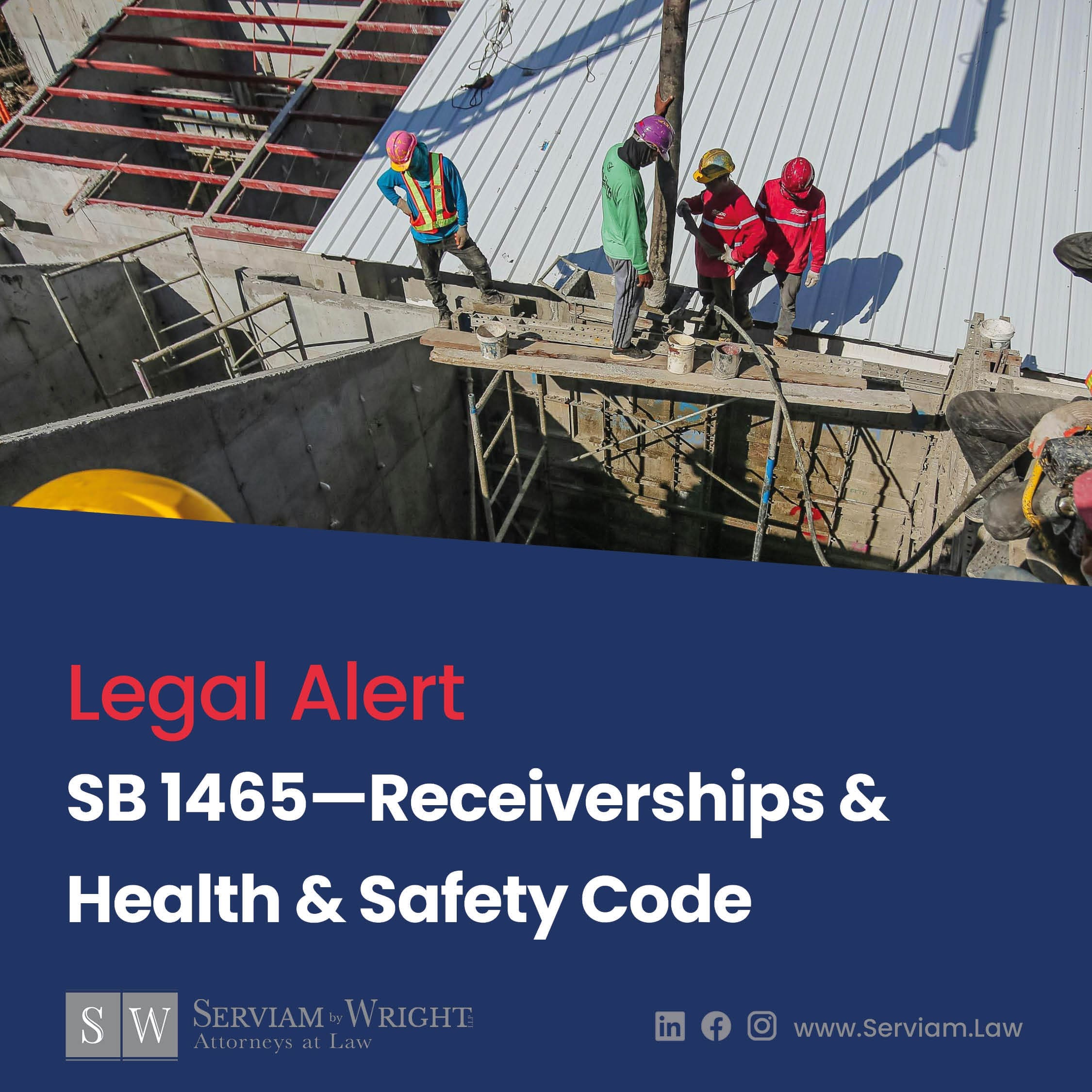serviam spotlight
Find our legal alerts, news releases, case updates, community tips, and more.
Gun Violence Restraining Orders (GVRO) in California—Statutory Framework, Enforcement, and Risk Management
Gun Violence Restraining Order (GVRO) proceedings in California operate within a highly prescriptive statutory and procedural framework, making them a recurring and closely scrutinized component of public-agency firearms regulation. Unlike discretionary enforcement tools, GVROs are court-driven proceedings governed by detailed statutory requirements and standardized Judicial Council forms. Outcomes are shaped primarily by statutory compliance, evidentiary sufficiency, and procedural consistency, rather than discretionary policy judgment. Because GVRO matters frequently involve multiple hearings, accelerated timelines, and repeated court appearances, public agencies face heightened exposure where implementation practices are inconsistent or inadequately documented. In this environment, effective GVRO enforcement depends less on novel legal theory and more on training, standardized protocols, and disciplined execution that align with statutory mandates and due process requirements. California GVRO: Statutory Framework and Procedural Structure California’s GVRO framework provides three distinct types of orders, each with defined durations and evidentiary standards:...
Serving Beyond the Courtroom: Families Helping Families Holiday Drive
As the holiday season approaches, it offers a powerful reminder that service extends far beyond our professional responsibilities. At Serviam by Wright LLP, giving back is not an occasional effort—it is a core part of who we are. Through our Serviam Cares initiative, we are proud to support organizations and causes that strengthen families, uplift communities, and reflect our shared commitment to service. Serviam Cares is our promise to serve beyond the courtroom. It represents our dedication to meaningful community engagement through charitable giving, hands-on involvement, and long-term partnerships with organizations making a real difference. One of those valued partners is The Priority Center, a nonprofit organization that provides critical support to families facing trauma, instability, and overwhelming life challenges. This holiday season, through The Priority Center’s Families Helping Families Holiday Drive, the Serviam team adopted a family of eight—a mother and her seven children. Their story is both heartbreaking and inspiring. By adopting this family, the Serviam team has the opportunity to come together in a tangible way—ensuring...

